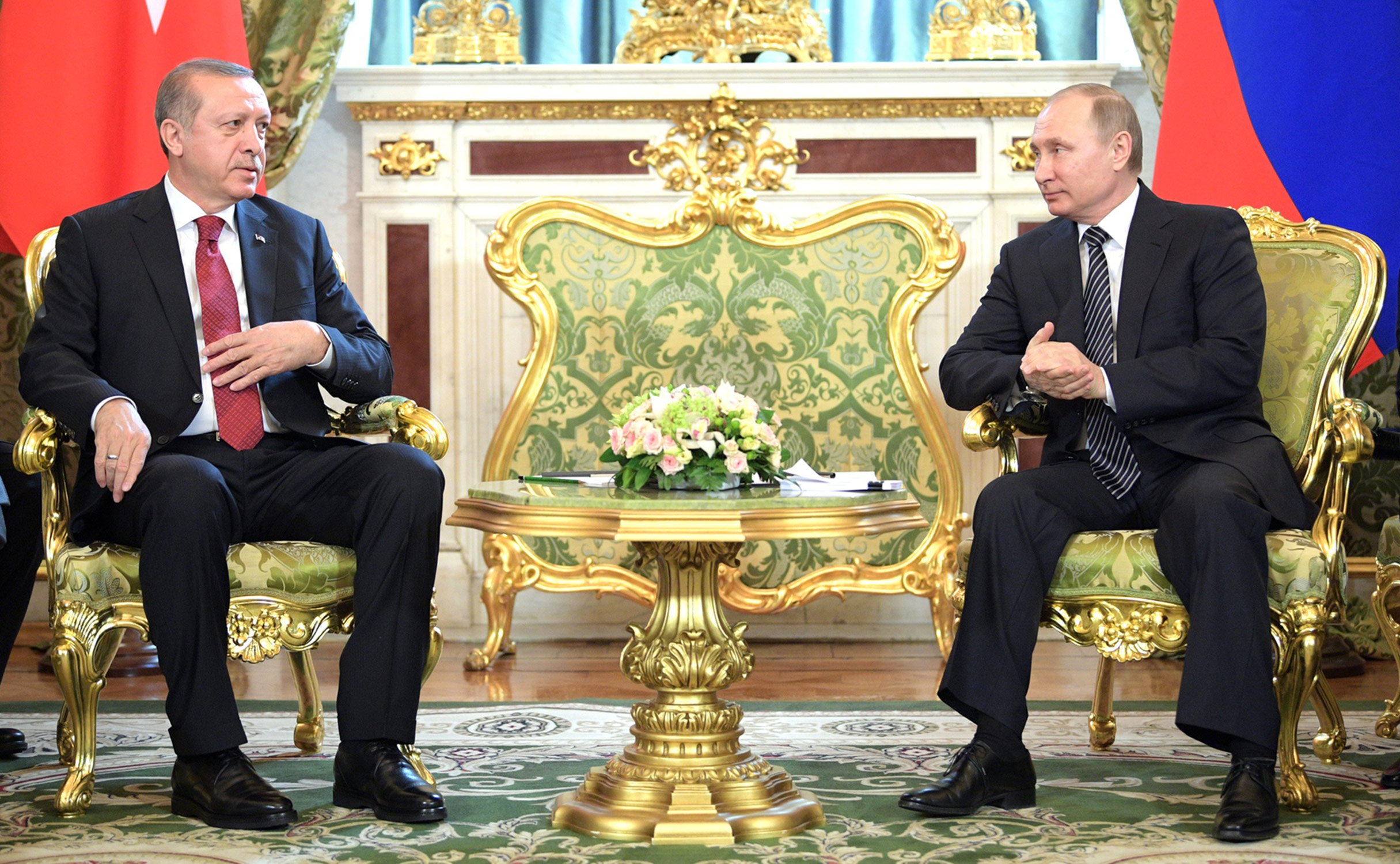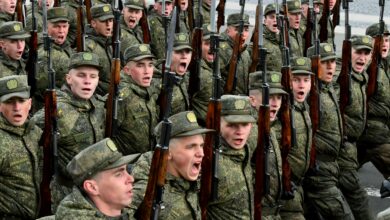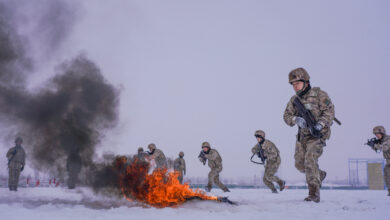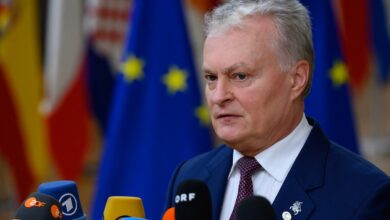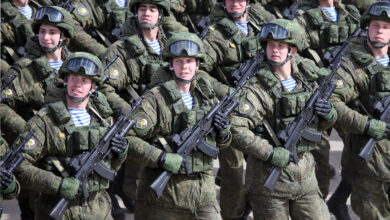Russia and Turkey agree to create Idlib demilitarized zone, Putin says
Rebels to withdraw heavy weapons from Idlib by December 15
Russia’s President Vladimir Putin and Turkey’s President Recep Tayyip Erdogan agreed to implement a 15-km demilitarized zone in Syria’s Idlib, a move aimed at preventing an assault on the province.
“We have decided to create a demilitarised zone some 15 to 20 kilometers deep along the line of contact between the armed opposition and regime troops by October 15 of this year,” Putin said after lengthy talks with his Turkish counterpart Recep Tayyip Erdogan.
Putin said that it would entail the “withdrawal of all radical fighters” from Idlib including the Al-Nusra Front.
The two leaders also agreed on the withdrawal of “heavy weaponry from this zone,” including tanks, multiple launch rocket systems, and rocket launchers belonging to all armed groups, he added.
“Control in the demilitarized zone will be organized together with mobile patrol groups of Turkish contingents and contingents of Russian military police,” he said, which would allow transportation routes between Aleppo and Latakia and between Latakia and Hama to be restored.
Erdogan said the measures would “prevent a humanitarian crisis.”
Asked if the agreement meant that no military action would be taken against Idlib, Russian Defense Minister Sergey Shoygu said “Yes,” Russian news agencies reported.
Russia-backed Syrian government forces have massed around Idlib province in recent weeks, sparking fears of an imminent air and ground attack to retake the last major opposition bastion.
More than half of Idlib is controlled by jihadists from Hayat Tahrir al-Sham, while much of the rest is held by anti-Assad rebels backed by Turkey.
Syrian President Bashar al-Assad’s government holds a small southeastern sliver.
The Syrian Democratic Forces maintains control of a significant chunk of territory in the northeast of Syria but is focused on Islamic State.
The United Nations and aid groups have warned a military campaign could spark one of the worst humanitarian catastrophes in a war that has already killed more than 350,000 people and displaced millions.
U.N. Special Envoy for Syria Staffan de Mistura had offered “personally and physically” travel to Idlib to ensure civilians could leave through a humanitarian corridor ahead of any full-scale military operation.
This story was updated on September 17 with additional details and background information.
With reporting from AFP

